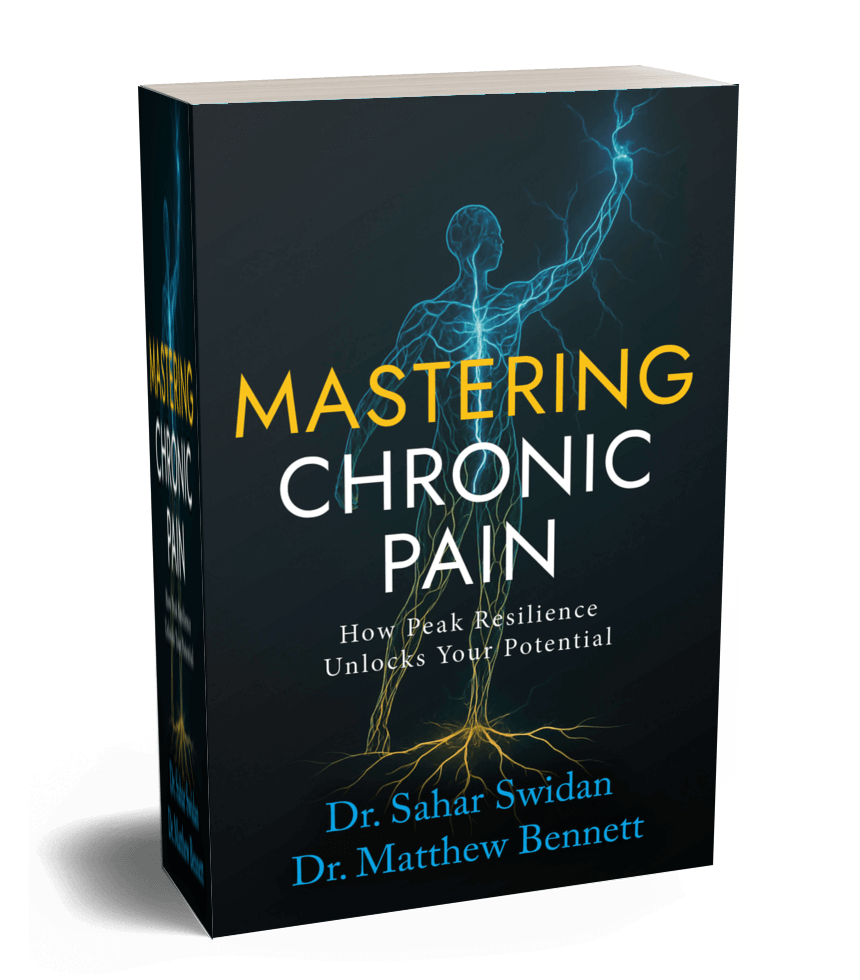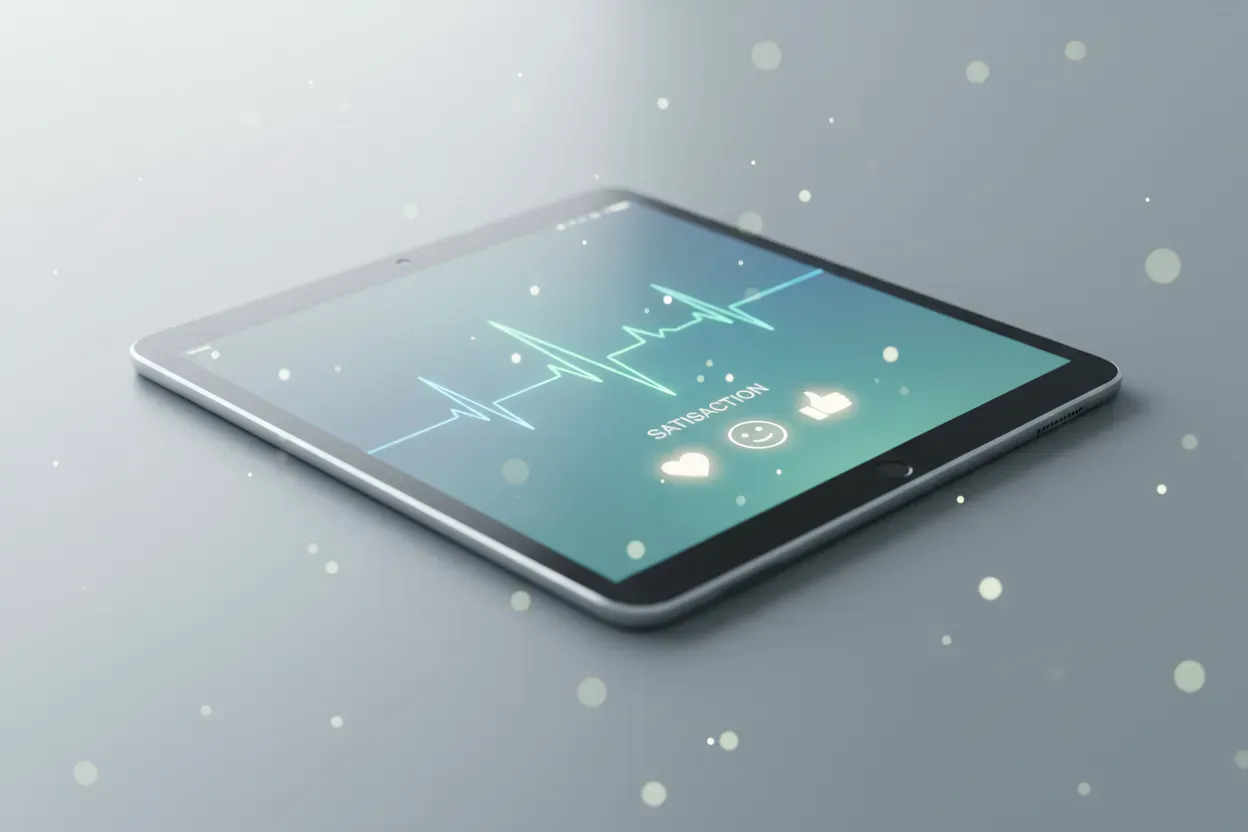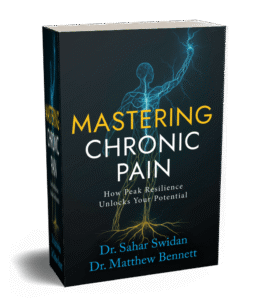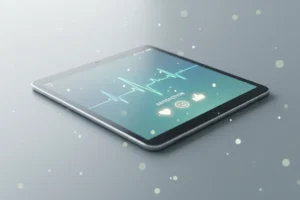Mental health support comes in many forms, often from unexpected sources. This article explores 12 unique approaches to maintaining emotional well-being, backed by insights from experts in the field. From online communities to underwater diving, discover how these diverse methods can positively impact mental health.
- Online Communities Foster Mental Health Solidarity
- Community Gardening Nurtures Emotional Well-Being
- Volunteering Shifts Focus and Improves Mood
- Casual Group Texts Provide Quiet Emotional Anchor
- Mommy and Me Groups Offer Unexpected Support
- Daily Journaling Becomes Trusted Mental Health Companion
- Underwater Diving Resets Psychological Perspective
- Somatic Breathwork Bridges Mind-Body Healing Connection
- AI Chatbots Spark Mental Health Innovation
- Phone-Free Walks Clear Mental Clutter
- Children’s Resilience Inspires Psychiatric Practice
- Peer Support Alleviates Professional Isolation
Online Communities Foster Mental Health Solidarity
One unexpected source of support that has been crucial for my mental health is the power of online communities and forums. Initially, I was hesitant about opening up in an online setting, but as I began reading others’ experiences, I realized I wasn’t alone. These communities became a place where people could freely share their struggles and offer support without judgment.
The sense of solidarity I found in these spaces was both comforting and empowering. Not only did I gain valuable insights from others dealing with similar challenges, but I also found myself helping others, which gave me a sense of purpose and connectedness. Over time, I cultivated deeper connections, and it became evident that support could come from unexpected places.
By actively participating in these communities, I learned that mental health support doesn’t have to be solely from family, friends, or professionals — it can also be found in the shared experiences of people you may never meet in person but who truly understand your journey.
 Cecil Bennett
Cecil Bennett
Primary Care Provider, Newnan Family Medicine
Community Gardening Nurtures Emotional Well-Being
One unexpected source of support that’s been absolutely crucial for my mental well-being is the local community gardening collective I stumbled into a couple of years ago. As a board-certified nurse practitioner, I’m used to organizing my days around patients, charting, continuing ed — pretty much anything to keep my mind “on.” When I first moved into my neighborhood, I noticed a group of folks tending a handful of raised beds in a small plot by the park. On a whim, I asked if I could help water the tomatoes one evening after my shift.
That simple act of getting dirt under my fingernails, side-by-side with people who had nothing to do with healthcare, gave me a fresh perspective. We chatted about everything except work: last weekend’s chili cook-off, which flowering vine was overrunning whose plot, whether hydrangeas look better pink or blue. I realized I’d spent so long talking about vitals and medications that I’d lost touch with the joy of small, non-clinical conversations.
Over time, tending those tomato plants — and later, peppers, basil, and even squash — became as vital to my emotional health as any mindfulness app or supervision meeting. I cultivated the relationship simply by showing up consistently: every Wednesday evening, hauling water cans, sharing seeds, and swapping tips. The collective’s unhurried pace taught me to pause, breathe, and reconnect with life outside the hospital walls.
Now, when I’m feeling overwhelmed by a heavy patient load or tough case, I text my gardening friends to check in (“How are those eggplants doing?”) or I sneak out for a fifteen-minute weeding session between appointments. That slice of earth, and the people who nourish it, remind me that growth — both botanical and personal — often happens in the most unexpected spaces.
 Shebna N Osanmoh
Shebna N Osanmoh
Psychiatric Nurse Practitioner, Savantcare
Volunteering Shifts Focus and Improves Mood
I was surprised to discover how much volunteering benefited my mental health. Initially, I began volunteering simply to fill some extra time and meet new people, but it evolved into something much more significant. Spending time helping at the local food bank or organizing community clean-ups gave me a genuine sense of purpose and belonging. It seems that when you shift your focus from your own problems to helping others, it has a remarkably positive effect on your mind.
I stumbled upon this realization when a friend persuaded me to attend a tree-planting event a couple of years ago. At first, I didn’t think much of it, but as I spent more time getting involved in various activities, I noticed significant improvements in my overall mood and outlook. Getting involved is actually quite straightforward — simply look for local organizations in your area and see where they might need assistance. Helping others isn’t just beneficial for them; it noticeably lifts your spirits as well.
 Alex Cornici
Alex Cornici
Marketing & PR Coordinator, Magic Hour AI
Casual Group Texts Provide Quiet Emotional Anchor
Honestly? Group texts. Not the deep therapy conversations, but the dumb memes, the random “Are you okay?” check-ins, the shared gripes about deadlines. That casual, always-there presence from close friends became a quiet anchor during chaotic weeks. I didn’t set it up intentionally — it just grew over time. The key was staying engaged, even with quick reactions or bad jokes. Support doesn’t always show up as heart-to-heart conversations. Sometimes it’s just knowing someone’s typing back.
 Justin Belmont
Justin Belmont
Founder & CEO, Prose
Mommy and Me Groups Offer Unexpected Support
One unexpected source of support for my mental health has been a Mommy and Me group I joined after having my baby. At first, I wasn’t sure it would help. I thought it would just be about baby advice or small talk. But it ended up being a space where I could talk about how I was really feeling — tired, anxious, and overwhelmed.
I found out about the group from a post on a local Facebook parenting page. I decided to go after a rough week where I felt like I was failing as a mom. In the group, I met other moms who were going through the same struggles. Some were first-time moms like me, and others had more experience, but we all shared similar feelings of stress, worry, and love for our kids.
Over time, I started to feel more supported and less alone. I could talk about things like mom guilt or feeling sad, and no one judged me. We also shared tips and encouraged each other through hard moments. I even made a few close friends whom I still talk to regularly.
Being part of that group helped me realize that it’s okay to ask for help and to be honest about my feelings. It gave me strength, comfort, and a real sense of community when I needed it most. I didn’t expect it, but that group truly helped me through some of the hardest parts of early motherhood.
 Morgan Gardner
Morgan Gardner
Licensed Marriage and Family Therapist, Gardner Therapy Group
Daily Journaling Becomes Trusted Mental Health Companion
An unexpected but crucial source of support for my mental health has been daily journaling. Initially, I picked it up to improve my writing, but over time, it became a space for reflection and emotional release. I discovered its power during a particularly stressful period, when venting to a notebook felt safer than opening up to others. By consistently writing, I learned to identify patterns in my thoughts, track progress, and process emotions. This quiet ritual now grounds me, offering clarity and calm when I feel overwhelmed. It’s become a trusted, judgment-free companion I never anticipated needing so much.
 Madelyn Lunder
Madelyn Lunder
Psychotherapist, Madison Square Psychotherapy
Underwater Diving Resets Psychological Perspective
I experience a wonderfully bizarre psychological reset when I go diving beneath the ocean surface. Whether it’s just swimming in the beautiful, clear Caribbean waters or snorkeling around a reef, suddenly all my stupid surface-world anxieties become laughably irrelevant in this alien blue space where fish don’t give a damn about my email inbox or mortgage payments.
I stumbled onto this by accident during our sailing trips when I started diving off the boat to check anchor lines. I realized that the 30 seconds of complete underwater silence was doing more for my stress levels than anything else I had tried.
I love being suspended in that weightless blue void where my biggest concern shifts from, “What’s all the stuff I have to do this week?” to, “Oh wow, that’s a really pretty fish.”
 James Kell
James Kell
Founder and CEO, Sailing Virgins
Somatic Breathwork Bridges Mind-Body Healing Connection
One unexpected source of support that has become essential for my own mental health is somatic breathwork. As someone trained in psychiatry and deeply immersed in neuroscience and psychopharmacology, I used to rely primarily on cognitive tools — reframing thoughts, analyzing patterns, and optimizing brain chemistry. However, what I hadn’t fully appreciated early on was the wisdom held in the body.
I came to somatic breathwork during a period of high stress and burnout — when my usual tools just weren’t cutting through the tension I felt physically and emotionally. A colleague invited me to a breathwork session, and I went in with curiosity but skepticism. Within minutes, I experienced an emotional release I hadn’t accessed in years — without words, without analysis, just through breath. My body had been holding onto stories my mind hadn’t yet fully processed.
Since then, I’ve made somatic breathwork a regular part of my routine. It helps regulate my nervous system, move stuck energy, and quiet the mental noise. It’s become a bridge back to myself on the days when I feel overwhelmed or disconnected. It has reminded me, as both a human and a healer, that healing isn’t just a mental exercise — it’s a full-body experience.
In my own practice and with my patients, I now pair these somatic tools with traditional therapy and even ketamine-assisted work. Because true mental health isn’t just about insight — it’s about integration. And sometimes, the body knows how to lead us there.
 Dr. Sam Zand
Dr. Sam Zand
CEO/Founder, Anywhere Clinic
AI Chatbots Spark Mental Health Innovation
One unexpected source of support for my mental health was actually talking to AI, not in the futuristic, sci-fi way, but in a very human, day-to-day way. A few years ago, during a rough patch, I found myself opening up to an AI chatbot at 2 a.m. when no one else was around. I didn’t expect much. But what I got was space, nonjudgmental, always-there, emotionally aware space to process what I was feeling.
That moment sparked something bigger: I started learning more about how cognitive behavioral therapy (CBT) works, how structured reflection can ease anxiety, and how much more accessible mental health support could be if technology was built with care.
That experience eventually led to Aitherapy, which I co-founded. It’s an AI therapy companion trained in evidence-based practices, like CBT, and designed to be available 24/7. It’s not a replacement for a therapist, but it’s surprisingly effective when you just need someone to talk to, especially when that someone isn’t available at the moment.
Sometimes support doesn’t look like a person. Sometimes it’s a tool that meets you where you are, whenever you’re ready.
 Ali Yilmaz
Ali Yilmaz
Co-Founder&CEO, Aitherapy
Phone-Free Walks Clear Mental Clutter
An unexpected but powerful source of support for my mental health has been walks without my phone — no notifications, no podcasts, just me and the sidewalk. It started as a small habit during a particularly stressful period when deadlines piled up and my focus was slipping. I realized I was constantly plugged in — even during breaks — which wasn’t giving my mind any actual rest.
One day, I left my phone behind, told myself I’d walk for 20 minutes, and just… noticed things. The sound of leaves, distant conversations, even the rhythm of my own thoughts. That first walk cleared more mental clutter than any productivity hack I’d tried.
Now I do it daily — usually midday when I feel the fog setting in. It’s not about exercise or step counts. It’s about disconnecting to reset, giving my brain space to breathe, and letting solutions come naturally instead of forcing them.
What makes it so effective is its simplicity. No scheduling, no cost, no expectations. Just time to process, decompress, and return to work with a quieter mind. It’s now one of the most reliable ways I protect my mental clarity — especially in a role where I’m constantly filtering, editing, and refining others’ ideas.
 Nick Cullen
Nick Cullen
Content Editor, Ryse Healthcare Marketing Agency
Children’s Resilience Inspires Psychiatric Practice
As a psychiatrist who works with both adults and children, I’ve found that the most profound and unexpected source of support for my own mental health comes from my youngest patients. I initially thought this work would be emotionally taxing, but it has become a source of incredible strength and perspective. Witnessing the unfiltered honesty and resilience of children has been a powerful antidote to the cynicism and complexity of the adult world.
I discovered this support organically, through daily clinical interactions. I recall a young patient who, despite significant family turmoil, found immense, unadulterated joy in describing a detailed fantasy world he had created. His ability to build a place of happiness and control, even in the face of chaos, was a powerful lesson. These children have a remarkable capacity to stay grounded in the present moment and find joy in small things — a skill many adults spend years trying to reclaim in therapy.
Cultivating this support has been about shifting my own perspective. I now consciously look for these lessons in my practice. My young patients teach me about the power of imagination, the importance of play, and the innate human drive to heal and connect. They are a constant reminder that resilience isn’t about avoiding hardship, but about finding the strength to keep going, a lesson that is crucial for my own well-being and one that deeply enriches my work with patients of all ages.
 Ishdeep Narang, MD
Ishdeep Narang, MD
Child, Adolescent & Adult Psychiatrist | Founder, ACES Psychiatry
Peer Support Alleviates Professional Isolation
An unexpected source of support that has been crucial is peer support. Knowing that colleagues are facing the same challenges I am, even if they don’t have a solution, makes me feel less alone in the world. I cultivated this support through connections at my office and setting up regular meetings to discuss our work challenges together.
 Riley Brown
Riley Brown
Counsellor, Riley Brown Counselling LTD













